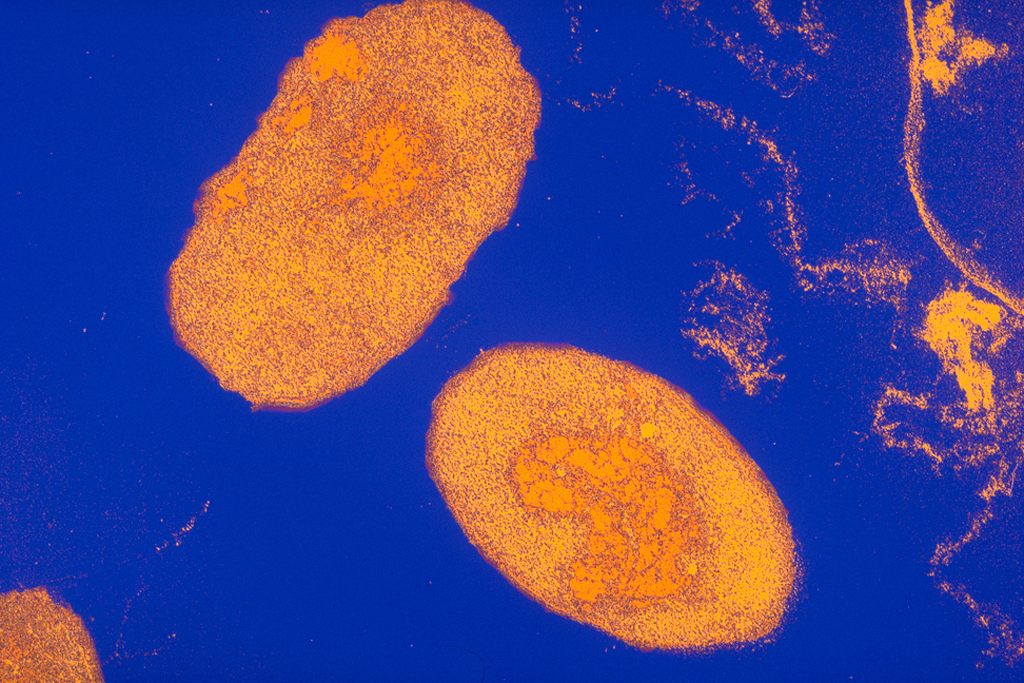More than four times as many instances of whooping cough are reported in the United States this year as there were the previous year; some experts link this increase to vaccination weariness following the epidemic.
“We’re seeing outbreaks occurring in kids who are not vaccinated due to the increase in vaccine hesitancy that has been going on since the Covid-19 pandemic,” stated Dr. Tina Tan, the Infectious Diseases Society of America’s incoming president.
The DTaP vaccination, which helps prevent tetanus, diphtheria, and pertussis, is given to babies. The vaccination is effective against tetanus and diphtheria, but it gradually loses its potency against pertussis.
The Food and Drug Administration’s advisory board convened on Friday to talk about the need for more potent and durable whooping cough vaccinations.
Vaccination boosters are advised about every ten years, beginning in the teen years when children enter middle school, until next-generation vaccinations are available.
Experts suggest that the reason behind epidemics in several areas is the waning immunity of tweens and adolescents against whooping cough.
The CDC said on Thursday that there have been 14,569 confirmed cases of whooping cough in 2024. Comparing that to the total of 3,475 instances in the previous year, there has been a notable rise.
Preliminary cases recorded this year, according to a CDC representative, are at an all-time high since 2014.
The bacterial ailment is formally termed pertussis but is generally referred to as “whooping cough” because of the sound people — especially newborns — make when struggling to acquire adequate oxygen despite recurrent coughing spells.
Physicians stated that the recently released figures probably represent a significant underestimation of the actual prevalence of the very infectious respiratory virus.
“There are probably ten cases of whooping cough out there for every case we find that didn’t come to medical attention,” infectious disease specialist and pediatrician Dr. Jim Conway of UW Health in Madison, Wisconsin, stated.
The CDC reports that the latest figures indicate that whooping cough cases are heading back to pre-pandemic levels, when around 10,000 cases were reported annually nationwide. Experts claim that rising anti-vaccine attitude is a factor in the outbreaks.
Tan stated, “We’ve been seeing an increase in disease among adults and adolescents because they’re not receiving the recommended vaccinations.”
If a member in this age group hasn’t had a whooping cough booster since childhood, they may be more susceptible.
There are significant rises in several parts of the nation. For instance, the Wisconsin Department of Health Services said on Thursday that there had been 625 confirmed cases of pertussis in 2024 compared to 51 in 2023, a ten-fold increase in cases over the previous year.
The state’s health department sent a news release saying, “While pertussis can strike anyone at any age, Wisconsinites between the ages of 11 and 18 currently make up nearly half of all cases reported so far this year.”
Conway observed, “This is rising really quickly.” “That worries us,”
In Connecticut, there is also an increase in cases. Dr. Andrew Carlson, a pediatrician and the medical director of primary care at Connecticut Children’s in Hartford, stated, “I don’t think we’ve seen this many in over 15 years.” There have been 111 whooping cough cases reported in the state so far this year, up from only 11 in 2023.
Physicians at Children’s National Hospital in Washington, D.C., and Duke University School of Medicine in North Carolina informed NBC News that they were not aware of any new instances of whooping cough. According to Dr. Andi Shane, division chief of pediatric infectious diseases at Children’s Healthcare of Atlanta, Georgia had a spike in whooping cough cases over the summer, but those instances have now decreased.
Teens and young adults have been the target of outbreaks in afflicted areas, one of which occurred in April at a high school in the Philadelphia region. A football game at Portland State University was postponed last weekend due to an increase in player instances of whooping cough.
Dr. Karen Ravin, division chief of infectious diseases at Nemours Children’s Health in Delaware, stated, “We saw a high proportion of cases in adolescents during the spring.” “Immunity diminishes with time, despite the vaccine’s effectiveness, so parents must ensure their children receive their recommended vaccination schedule.”

The “sadistic” aspect of whooping cough
After testing negative for the flu or COVID, patients with persistent coughs may visit the doctor but are then sent home. If the whooping cough is left untreated, the germs can persist in the cough for a considerable amount of time.
Conway stated, “You can shed this bacteria for three or four weeks.” “It’s difficult to eradicate once it enters a community.”
The majority of older children and otherwise healthy individuals who contract the infection often just get an irritating cough.
Newborns who contract an infection are the doctors’ biggest concern. Their little airways are unable to withstand the bursts of coughing that come with whooping cough, and they frequently need to be placed on ventilators in order to breathe.
“That’s the heartbreaking side of this,” Conway remarked. “Those babies wind up in the intensive care unit because they are coughing so much that they are unable to eat or drink.”
When should I receive a whooping cough vaccination?
A whooping cough booster shot is advised for expectant mothers in the third trimester of their pregnancy. This protects their infants from pertussis both at birth, when they are most susceptible, and before they are old enough to receive the vaccinations.
According to the CDC, babies should receive their first round of pertussis vaccinations at two months old, with booster injections at four and six months.
Before the child turns two, another injection is administered, and then again right before kindergarten.
Shane declared, “It is imperative to stress the significance of vaccination.” “By taking every precaution to keep ourselves safe, we can ensure that everyone has a good respiratory season.”





